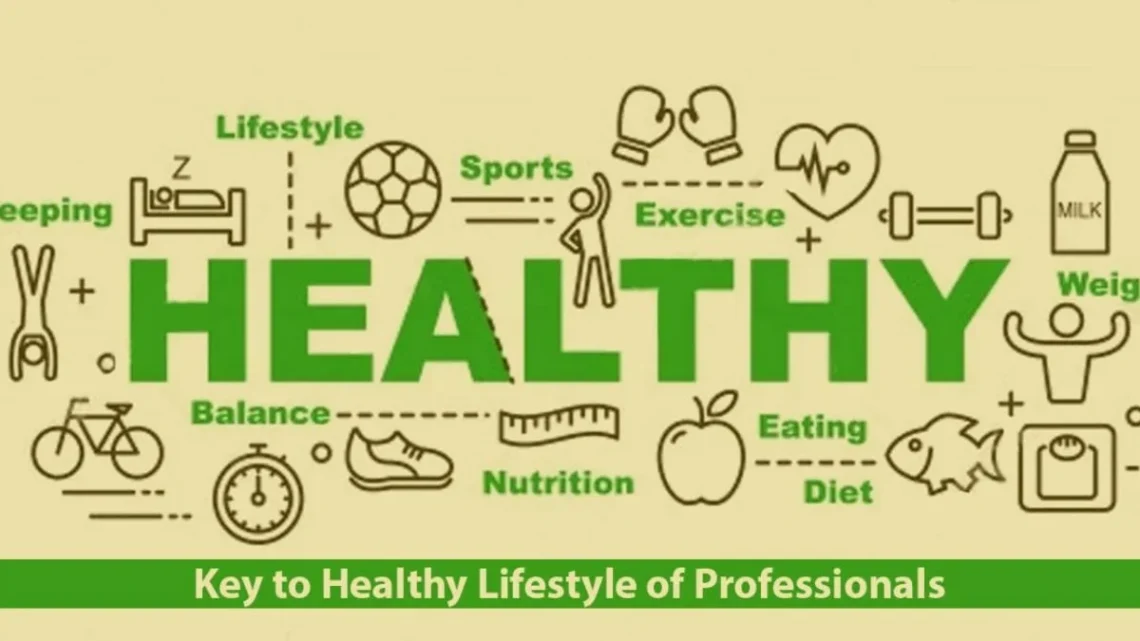Nutrition forms the foundation of physical and mental well-being. What we eat influences energy levels, immunity, and long-term health outcomes.
Balanced diets provide essential nutrients: carbohydrates for energy, proteins for muscle repair, fats for cell function, and vitamins and minerals for vital processes. Poor diets high in sugar and processed foods increase risks of obesity, heart disease, and diabetes.
Nutrition also affects mental health. Diets rich in omega-3 fatty acids, fruits, and vegetables are linked to better mood and cognitive performance. Conversely, excessive sugar and caffeine can cause fatigue and irritability.
Hydration is equally critical. Water supports digestion, regulates temperature, and transports nutrients. Even mild dehydration affects concentration and energy.
Challenges to healthy nutrition include busy lifestyles, fast food, and lack of knowledge. Solutions involve meal planning, cooking at home, and learning to read nutrition labels. Tailoring diets to age, activity, and medical needs ensures optimal results.
In conclusion, nutrition is not just about eating—it is about fueling the body and mind for long-term health. By choosing whole foods and balanced meals, individuals can live healthier, more fulfilling lives.


